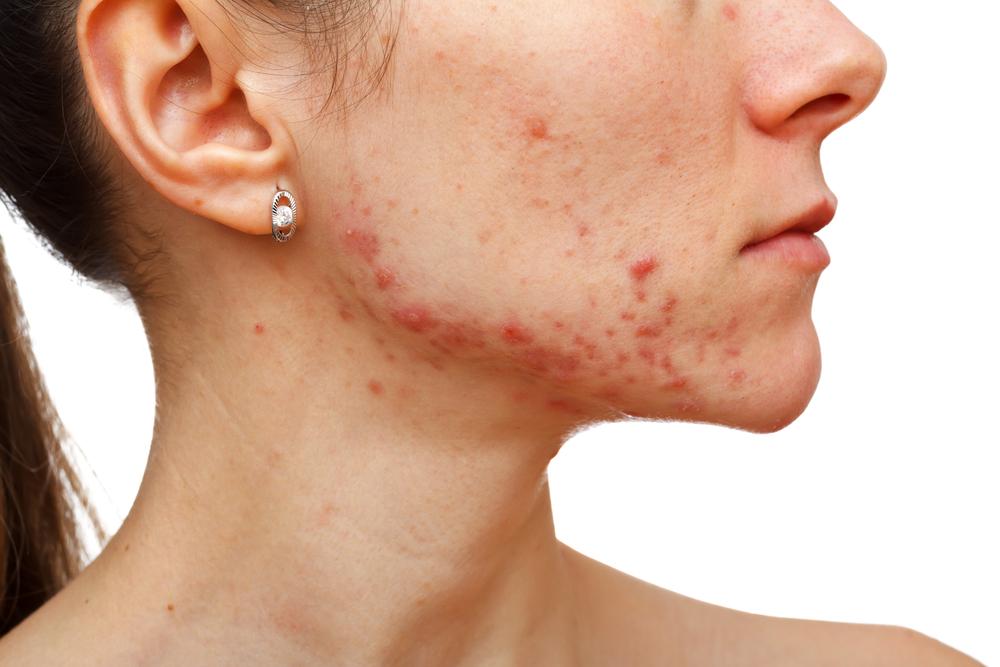Comprehensive Guide to Managing Eczema Through Diet: Foods to Include and Avoid for Soothing Skin
Discover effective dietary strategies to manage eczema symptoms by incorporating anti-inflammatory foods like omega-3-rich fish, fruits, and probiotics, while avoiding triggers such as processed foods and allergens. Learn how diet can play a vital role in reducing flare-ups and promoting healthier skin. Always consult healthcare professionals before making significant dietary changes for eczema management.

Atopic dermatitis, widely recognized as eczema, is a persistent inflammatory skin condition that manifests through itchy, inflamed patches, the formation of blisters, and a rough or scaly skin texture. While it is most common among young children, many adults also contend with eczema symptoms throughout their lives. The condition is often linked with food sensitivities or allergies, which makes dietary management a crucial part of controlling flare-ups and promoting healthier skin. Understanding the best foods to incorporate and those to steer clear of can significantly impact symptom severity and overall skin health.
Ideal Foods to Support Eczema Management
Omega-3 Fatty Acid-Rich Fish: Consuming fatty fish such as salmon, mackerel, trout, herring, and sardines provides a rich source of omega-3 fatty acids. These healthy fats are known for their potent anti-inflammatory properties, which can help soothe irritated skin and reduce the frequency and intensity of eczema flare-ups. Incorporating oily fish into your diet at least twice a week can be highly beneficial. For individuals who do not consume fish regularly, omega-3 supplements like fish oil capsules are a convenient alternative, but it is advisable to consult a healthcare provider before starting supplementation.
Foods High in Quercetin: Quercetin is a natural flavonoid known for its antihistamine, anti-inflammatory, and antioxidant effects. Foods rich in quercetin such as blueberries, apples, cherries, and grapes, as well as vegetables like spinach, kale, broccoli, and bell peppers, can help combat inflammation and allergic reactions associated with eczema. Including these foods in daily meals can bolster your body's defenses and potentially lessen flare-up severity.
Probiotic-Infused Foods: Maintaining gut health is increasingly recognized as vital for immune regulation and allergy management. Consuming probiotic-rich foods like yogurt, kefir, sauerkraut, miso, fermented pickles, sourdough bread, and soft cheeses can promote a healthy gut microbiome. A balanced gut flora supports immune function and may reduce allergic responses, providing relief for individuals with eczema. Regular intake of these foods can be integrated into breakfast routines or snacks for better skin health.
Foods and Substances to Limit or Avoid
Sugar and Highly Processed Foods: Excessive consumption of sugar and processed foods contributes to systemic inflammation, which is a known trigger for eczema flare-ups. Reducing intake of sugary drinks, fast food, pastries, candies, and sweet snacks can help mitigate inflammation and improve skin condition.
Artificial Additives and Trans Fats: Food preservatives, artificial flavors, colors, fried items, canned foods, and margarine contain trans fats or artificial chemicals that may irritate the skin or exacerbate eczema symptoms. Choosing fresh, natural, and minimally processed foods supports better skin health.
Common Food Allergens: For some people, foods such as nuts, soy, eggs, and dairy products can trigger or worsen eczema symptoms due to allergic sensitivities. It is advisable to identify potential food triggers through allergy testing or elimination diets under professional guidance and avoid consuming these foods if they cause flare-ups.
Although there is no one-size-fits-all diet for eczema, adopting a diet rich in antioxidants, healthy fats, and gut-friendly foods can significantly improve skin condition. The Mediterranean diet, characterized by a high intake of fruits, vegetables, whole grains, nuts, olive oil, and fish, has been shown to help reduce inflammatory responses associated with skin conditions. Before making any major dietary changes, consulting with a healthcare professional or a registered dietitian is essential to personalize the approach and ensure nutritional adequacy.
In summary, managing eczema through diet involves a strategic focus on anti-inflammatory foods while avoiding known triggers and irritants. Combining dietary adjustments with traditional treatments can empower individuals to attain healthier skin and improve their quality of life. Persistent or severe eczema cases should always be evaluated by healthcare providers for comprehensive management plans tailored to individual needs.





